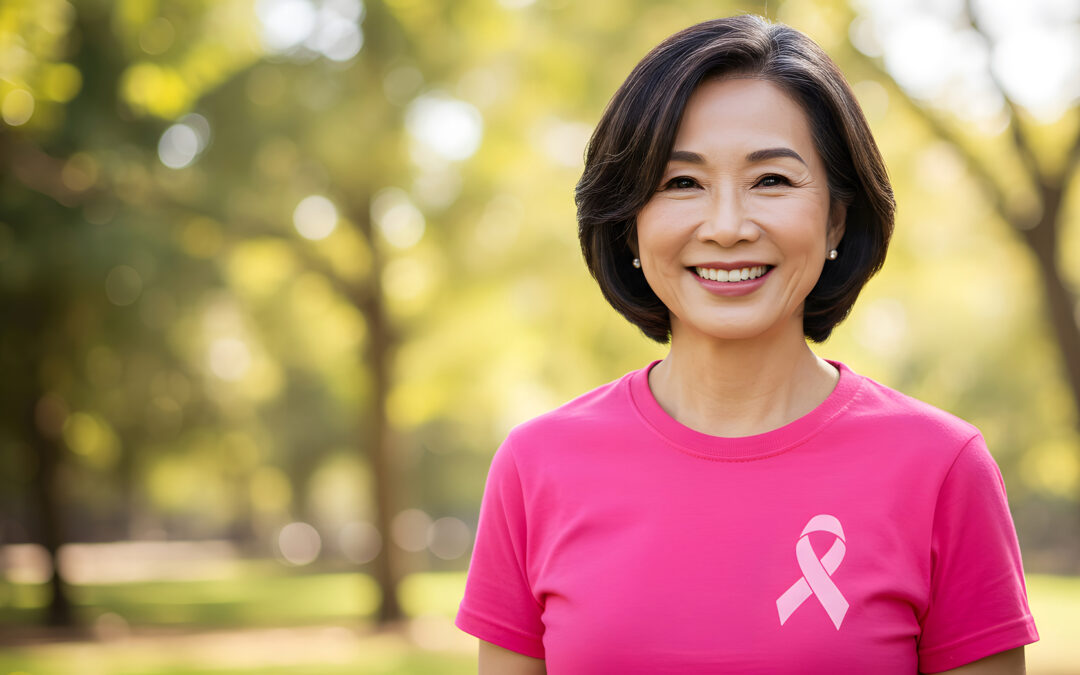October is Breast Cancer Awareness Month, a time when communities across the country come together to share stories, promote education, and remind everyone of an important truth: Early detection saves lives. While medical treatments and technology continue to advance, the most effective tool remains awareness. Knowing your body, recognizing changes, and taking action early can make all the difference.
The Power of Knowing What Is Normal
Every woman’s breasts are unique in size, shape, and texture. Performing regular self-exams helps you understand what is normal for you. When you know your baseline, it is easier to notice if something changes, such as a new lump, swelling, thickening, or skin dimpling. You might also see nipple discharge or experience pain that does not go away.
Doctors recommend performing a self-exam about once a month, ideally a few days after your period when breast tissue is less tender. Look carefully in the mirror for any visible differences, then use the pads of your fingers to feel for unusual firmness or lumps.
Discovering something new gives you and your healthcare provider the best chance to investigate early and rule out problems.
Mammograms: The Gold Standard
A mammogram is a low-dose X-ray that can identify breast changes long before they can be felt. For most women at average risk, screening once a year or every other year beginning at age 40 is recommended. Your doctor may suggest starting earlier if you have a family history or other risk factors.
Modern mammograms are fast, safe, and more comfortable than many expect. New digital and three-dimensional imaging makes early detection even more accurate.
Understanding Your Risk
Several factors can raise your risk for breast cancer. These include age, family history, certain genetic mutations, dense breast tissue, hormone use, alcohol intake, and lifestyle habits. Talk with your healthcare provider about your personal and family medical history. Genetic counseling or testing may be appropriate for those with close relatives who have had breast or ovarian cancer.
Lifestyle choices matter too. Keeping a healthy weight, staying active, eating a balanced diet, limiting alcohol, and avoiding smoking all help lower your risk.
Supporting Research and Each Other
Breast Cancer Awareness Month also encourages support for research, education, and advocacy. Participating in a charity walk, sharing information, or donating to a cause helps strengthen the community and spread awareness.
Most importantly, encourage the women and men in your life to schedule their screenings and checkups. Breast cancer found early is often highly treatable, and survival rates continue to improve thanks to vigilant screening and proactive care. The earlier cancer is found, the more options you have, and the better your chances for a healthy outcome.

